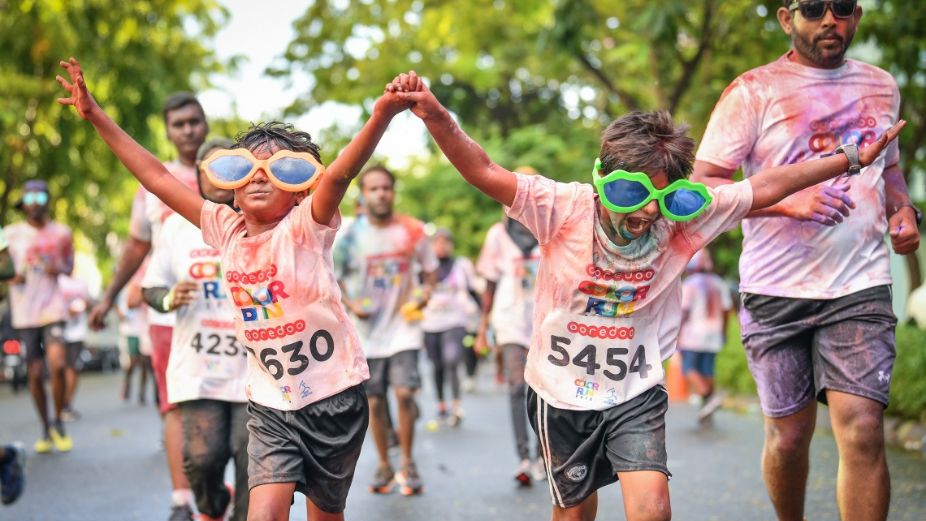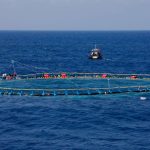
In the early days of mobile networks in the Maldives, corporate responsibility often meant sponsoring an event or donating equipment when called upon. But as the country digitised and dependence on technology deepened, so too did the expectations on those powering the change. What happens when your business is no longer just a service, but an essential part of how people learn, work, bank, and stay healthy?
Ooredoo Maldives has answered that question not through a singular grand gesture, but through a gradual evolution in how it sees its role in public life. Its corporate social responsibility initiatives over the years form a picture not of a company stepping in during moments of crisis, but of one staying present, listening, and adapting to the needs of the people it connects.
Take the case of internet safety. In 2020, as the country turned to online tools for everything from education to commerce, digital threats also grew. Ooredoo responded by launching an internet safety programme in collaboration with the Maldives Police Service and key ministries. It wasn’t a flashy campaign. It was a steady rollout of webinars, videos, and community sessions focused on cyber hygiene, digital literacy, and practical safety tools, designed for everyone from students to the elderly. At a time when access to the internet was no longer a luxury, making it safer became part of the company’s mandate.
That same year, as the COVID-19 pandemic upended daily life, Ooredoo’s sense of responsibility expanded again. While ensuring continuity for its staff and customers, the company also moved quickly to support national response efforts. It partnered with the Ministry of Education to support online schooling, provided connectivity to frontline workers, and ensured patients in quarantine could stay in touch with loved ones. There were donations, including MVR 2.5 million to the government and medical supplies and SIM cards, but behind each was a focus on maintaining connection, both digital and human.
During the same period, Ooredoo helped move the Miyaheli social innovation camp online. The platform, a long-time partnership with UNDP, invites young Maldivians to design creative solutions to community problems. Held virtually during lockdown, it gave rise to ideas like a silent distress alert system, an online doctor consultation platform, and a local educational YouTube channel for children stuck at home. These projects were not hypothetical. With seed funding and mentorship, they moved from concept to prototype, proving that youth-led ideas can carry real weight in public response.
Ooredoo’s focus on healthcare has grown steadily alongside its digital programmes. From 2022 onwards, the company continues to donate health kits to all health centres in the country, ensuring that basic diagnostic tools are available even in remote islands. The initiative aligned with the company’s support for the UN Sustainable Development Goals and its ongoing investment in wellness through events like the Ooredoo Fun Run.
Ooredoo’s commitment to healthcare has spanned years and evolved with national needs. In 2018, the company donated three fully equipped sea ambulances to the Ministry of Health, enhancing emergency medical access across the atolls. That commitment deepened in 2024 with the donation of MVR 16 million worth of specialised equipment to support the newly launched national Air Ambulance service, which has already transported hundreds of patients in critical condition. Together, these contributions reflect a long-term investment in strengthening the country’s emergency response systems and offer a clear example of how corporate responsibility can deliver meaningful, life-saving impact.
What ties all of this together is not a CSR slogan, but a shift in identity. Ooredoo has moved from being a service provider to becoming an actor in community wellbeing. Its work has touched education, health, innovation, and crisis response, areas far outside a traditional telecom brief. Yet each of these efforts stems from the same logic: if your business connects people, then you are also responsible for the spaces they connect within.
As the Maldives builds a more digital future, the private sector will increasingly shape public outcomes. In this new landscape, what matters is not just investment, but presence. Ooredoo’s story shows that social impact does not come from one-time projects, but from staying in the room long after the headlines fade.








